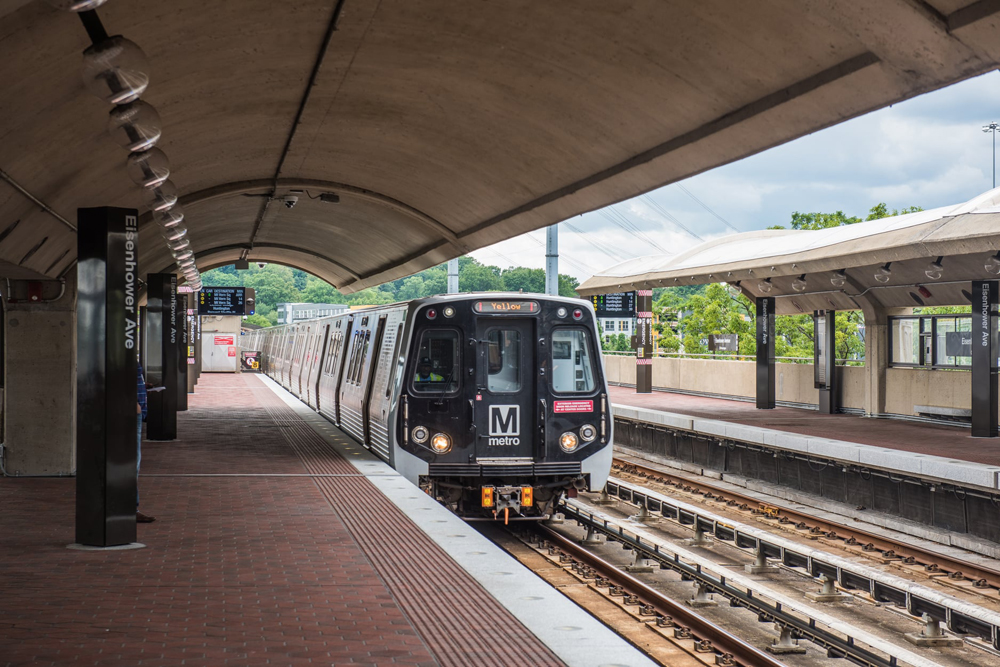
WASHINGTON — The independent agency that oversees DC Metrorail safety issues says in a new report that the Washington Metropolitan Area Transit Authority is allowing personnel to operate trains that do not meet the agency’s safety requirements, and has ordered WMATA to address the issue.
The report issued Wednesday by the Washington Metrorail Safety Commission requires Metrorail to identify in the next 30 days employees who do not meet certification requirements to operate trains in normal and emergency situations; to certify those employees within 90 days; and to develop a plan to ensure that certification is consistently maintained in the future.
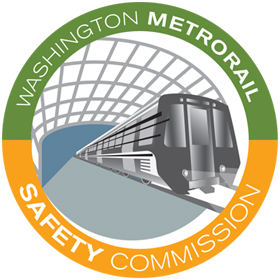 Certification issues are not new for Metrorail. In May 2022, WMATA acknowledged that at least half of its 500 operators had not received required recertification testing and training. That led the agency to remove 72 operators from service who were more than a year overdue for that training, triggering reductions in service [see “DC Metrorail removes operators from service …,” Trains News Wire, May 17, 2022].
Certification issues are not new for Metrorail. In May 2022, WMATA acknowledged that at least half of its 500 operators had not received required recertification testing and training. That led the agency to remove 72 operators from service who were more than a year overdue for that training, triggering reductions in service [see “DC Metrorail removes operators from service …,” Trains News Wire, May 17, 2022].
The latest safety commission report stems from a 2023 followup review on the certification matter, and says it found “many examples of Metrorail not following its procedures for certification.” One such example involves demonstrating the ability to shut off an environmental system, a requirement stemming from a 2015 fatal smoke accident; the commission found this demonstration is not being required for all certifications. The commission also found that operators involved in a number of incidents involving signal overruns and improper train movements had been certified by Metrorail despite not completing all certification requirements.
WMATA General Manager Randy Clarke told WRC-TV that his agency is “examining the entire … process of training and certification. In some ways, we are pretty out of alignment with the rest of the industry. We have too mjuch time here [and] not the … best type of testing in other ways. And so we are rebuilding that whole process.”





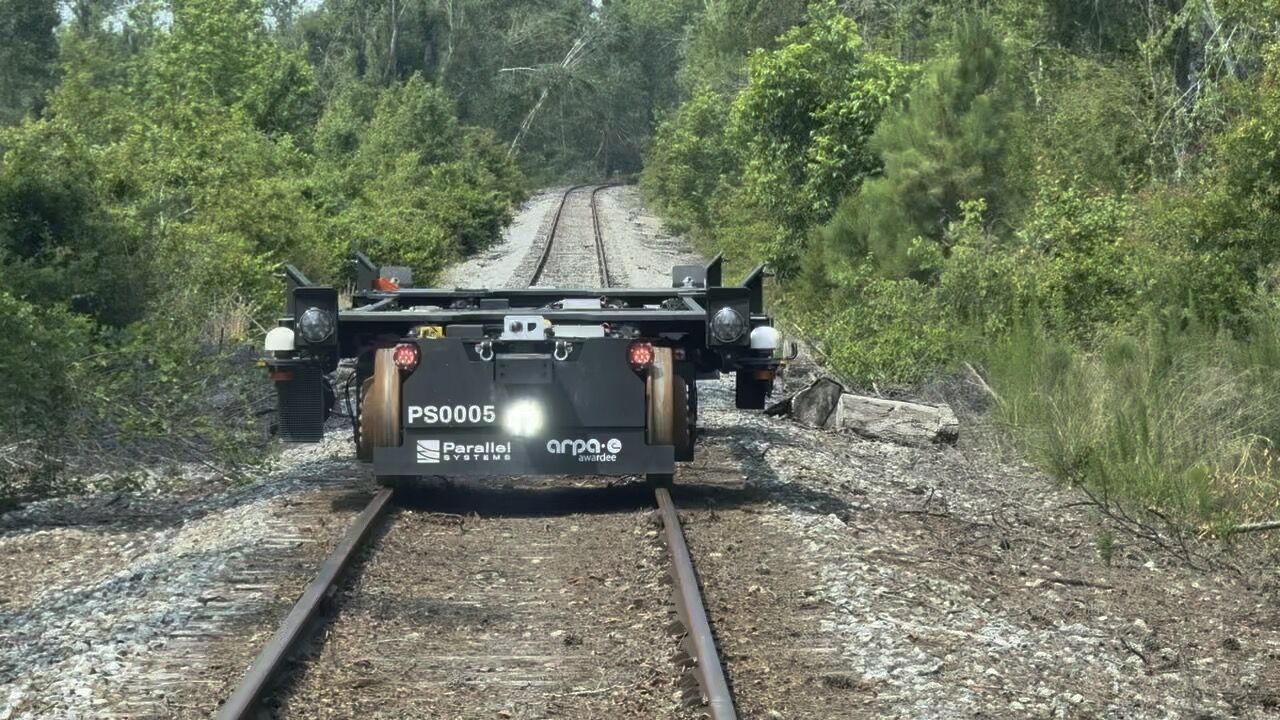

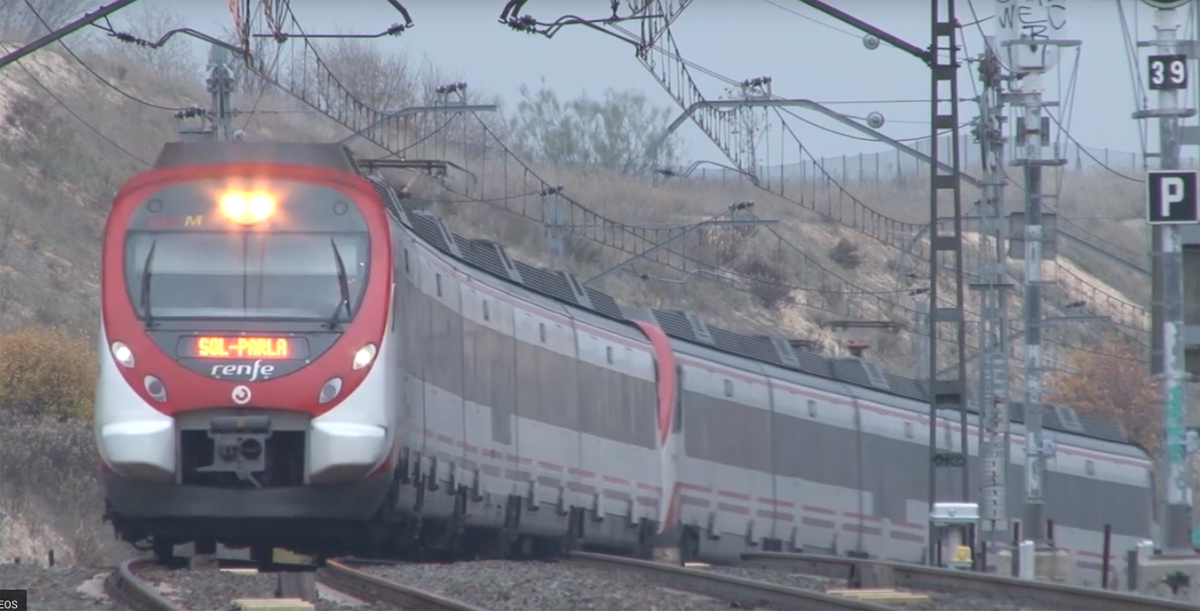
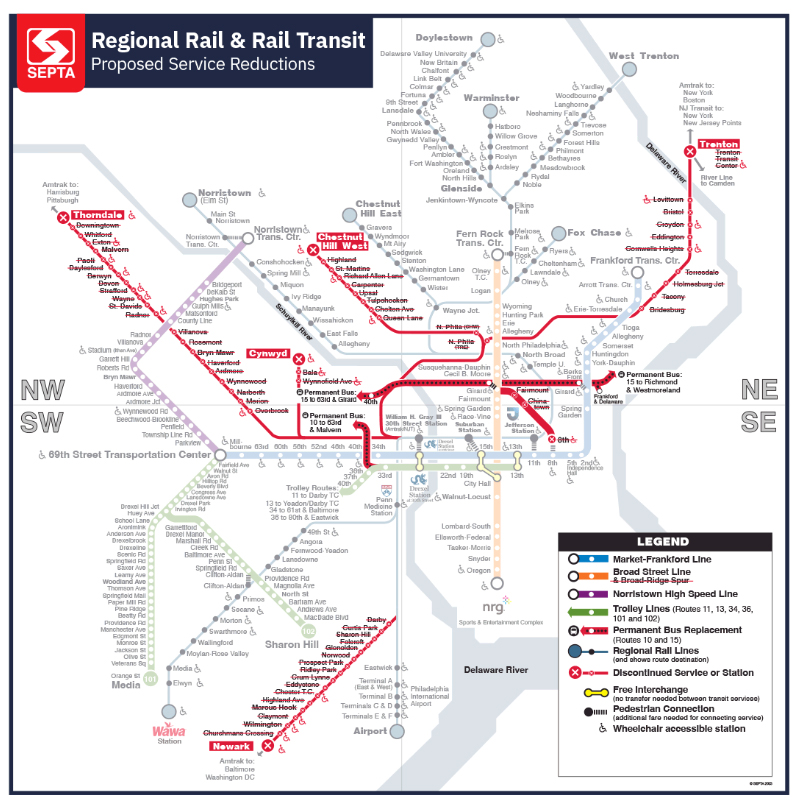




How do you allow operators who haven’t met all certifications? That sounds like allowing unsupervised student drivers who haven’t passed the driver’s test to drive a car, or even worst a bus.